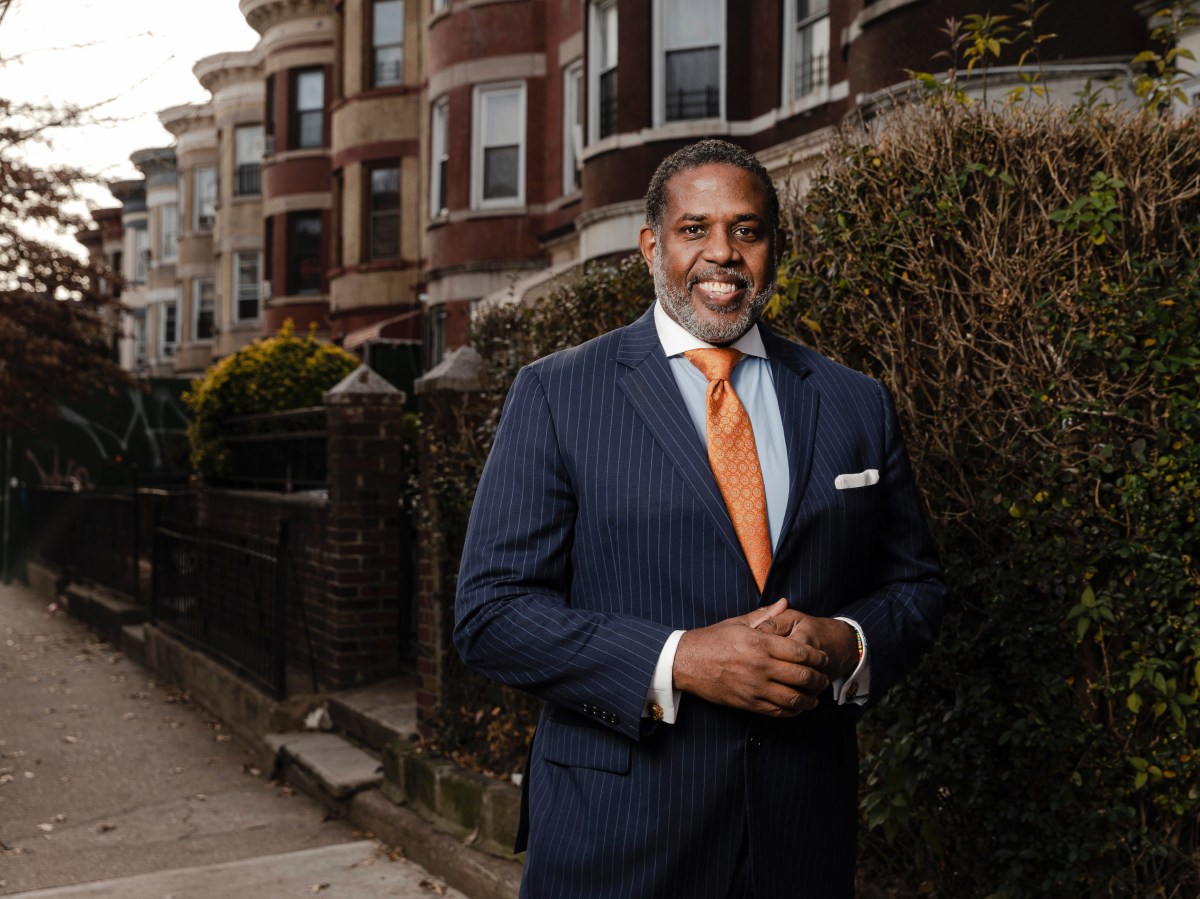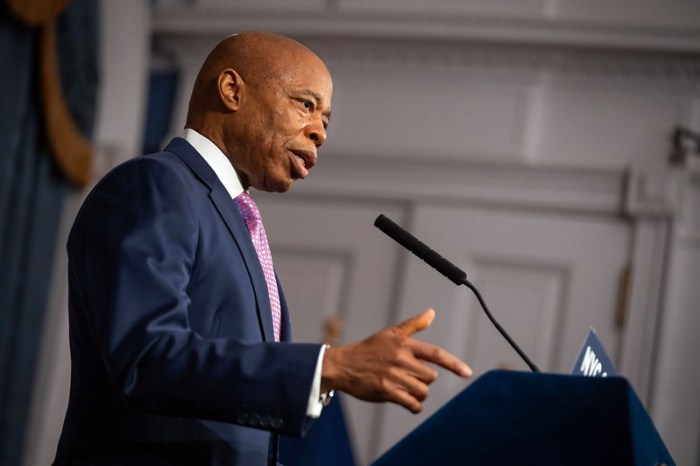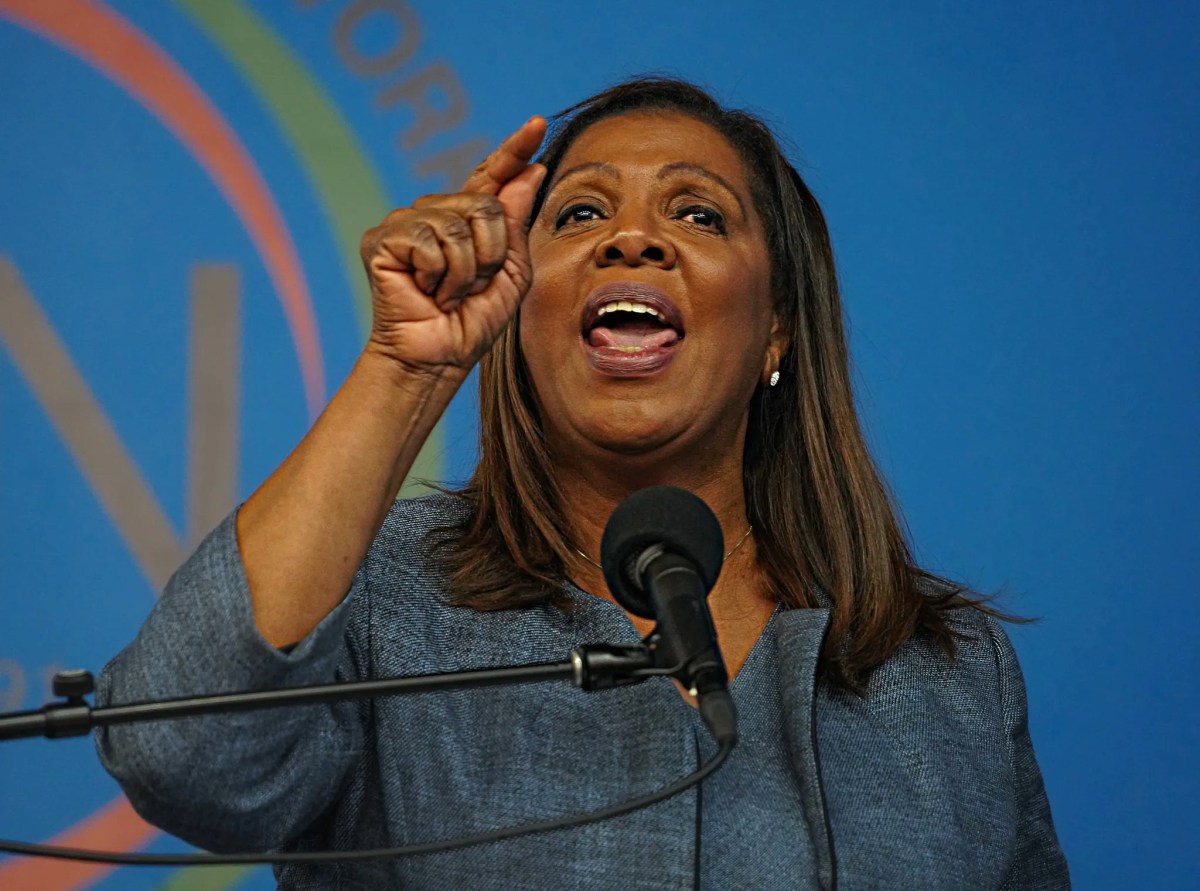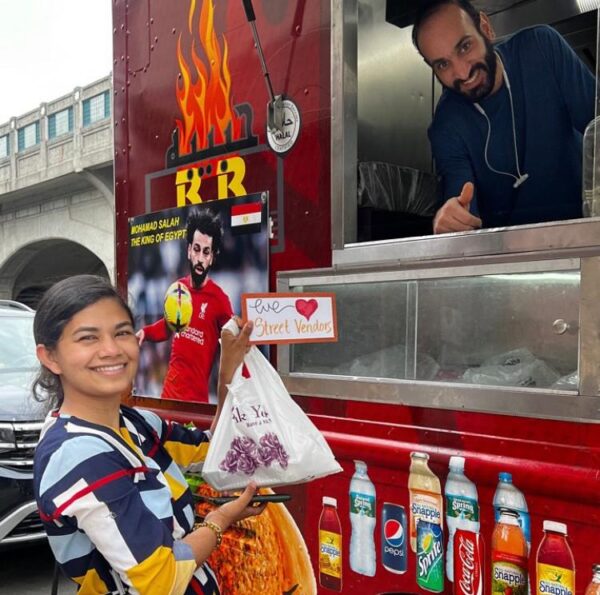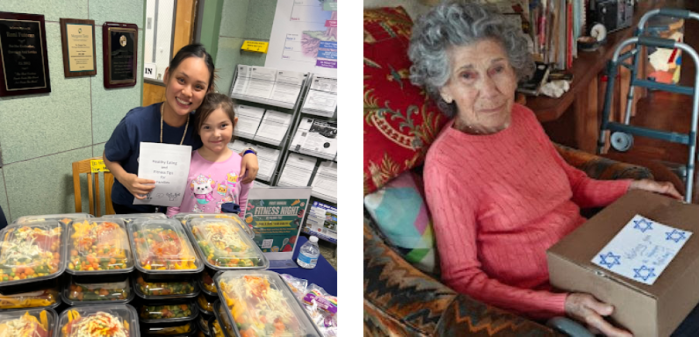Given the cost of living in New York, imagine having to get by on just $170 a week — less than $700 a month.
It is unimaginable for a single person, much less anyone with a family to support. But if you become seriously ill or injured and need extended time off of work to recover, $170 a week is what New York State expects you to survive on.
New York’s paid medical leave program, known as “Temporary Disability Insurance” (TDI) hasn’t been updated since 1989. TDI is used when one needs to receive chemotherapy, recover from surgery, seek mental health or substance use treatment, attend dialysis, and more.
While Governor Hochul and both houses of our legislature agreed that TDI benefits should be raised this year, this lifeline meant to allow workers to take time off work to recover or receive treatment was somehow left on the cutting room floor. TDI and other important improvements to our paid family leave program were scrapped during budget negotiations, and again in the final days of the legislative session, even after multiple bills were introduced addressing the ways in which New York’s paid leave programs fall short.
According to the legal advocacy group A Better Balance, every single state with paid leave programs and Washington, D.C. offer paid medical leave benefits at least five times more than New York’s maximum of $170 a week.
By not prioritizing paid leave improvements, lawmakers have not only failed to live up to New York’s progressive values — they are continuing to force New Yorkers to choose between their health and their livelihoods.
I know, because I’ve had to make that choice.
I worked as a bartender while pregnant with my first child. As my pregnancy progressed, eventually I was completely unable to reach the lowboy fridges to perform my job. My feet and hands became swollen from edema, and I contracted Intrahepatic Cholestasis from Pregnancy (ICP).
Despite these complications, for which I visited the emergency room twice, I continued working because I needed that income to pay rent and to support the child I was about to have. I put off taking the paid medical leave that I needed and was entitled to as long as I could, because I knew $170 a week wasn’t enough to live on.
When I did finally go on paid medical leave to keep myself and my pregnancy healthy, I received $156 a week after taxes. I also needed time to recover from my labor and delivery, which lasted for four days and resulted in a debilitating pelvic injury. I took 26 weeks of combined paid medical leave and paid family leave — the maximum amount I was entitled to — and I needed every week of it.
Our Paid Family Leave program, which was groundbreaking when it first passed in 2016, has also now fallen woefully behind other states. With me only earning $156 a week, my partner transferred jobs to earn more to support our family. Unfortunately, New York State requires that a person stay in their job for six months before qualifying for benefits, even if they’ve paid their taxes into the system regularly for years in other jobs.
My partner was therefore not eligible for paid family leave until six months after their new hire date — neither to spend time with our new baby, nor to care for my serious medical needs following my complicated delivery.
Having my partner home before those six months would have allowed me to get treatment for my pelvic injury, and I still deal with the physical repercussions of not getting proper treatment during that time period.
Ultimately, the disparity between New York’s TDI benefits and the wages I made bartending influenced me to continue working even when it was medically advised not to do so, and I know I am not alone. Far too many low-wage and hourly service workers face that tough choice everyday.
I write this for a person I worked with during my pregnancy. I could sometimes smell his cancer wound leaking from a recent surgery. He was working during chemo, because he couldn’t survive on $170 a week.
I write this for a woman I know who was working the floor as a pregnant nurse up until she was due. She couldn’t take leave because she got a new hospital job just before finding out she was pregnant.
Bills introduced by Senator Ramos and Assemblymember Solages would dramatically change our experiences, ensuring New York’s paid leave programs offer liveable benefits and follow workers from job to job. Unfortunately, a majority of their fellow lawmakers chose to continue to put New York workers in precarious financial situations and denying their ability to take necessary time off.




